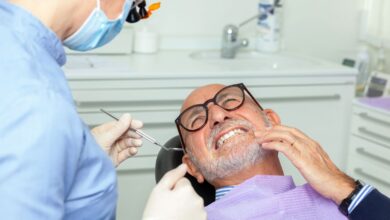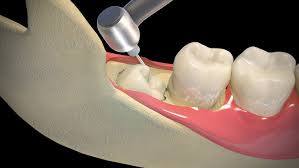How Simulation Kits Improve Nursing Training Outcomes
In some professions, education is necessary to help prepare future leaders who can face the realities of the job; nursing is one such profession. A good way to do that is to make use of simulation kits. These kits offer experiential learning lessons and help build a practical knowledge base where trainees can hone skills in a safe environment. Educational institutions can introduce meaningful and sustainable improvements in nursing outcomes by including these kits in training programs.
Enhancing Practical Skills
Nursing skills simulation kits offer a practical approach to learners keen on mastering their practical coursework and jobs (later). They allow students to practice procedures without harming actual patients. This process instills confidence and competence. Examples of skills that nursing students must acquire include IV insertion, medication administration, and CPR. Through repetition, they become proficient, and their error rates decline.
Fostering Critical Thinking
Critical thinking is vital in nursing. Simulation kits require students to evaluate and promptly respond to an event. Some scenarios are designed to replicate an emergency, requiring students to respond quickly and accurately. These practices help students improve their quick-thinking skills and make decisions under pressure.
Improving Communication Skills
Communication skills are indispensable in patient care. With simulation, trainees can practice procedures following the techniques required to be implemented in real-life scenarios involving patients, families, and healthcare teams. Roles are often designed to include components such as explaining medical procedures or breaking difficult news to a patient. The experience enhances their understanding of presenting information clearly and compassionately for better patient outcomes.
Encouraging Teamwork
Another important aspect of nursing is teamwork. These practice sessions typically feature one or more collaborative group exercises for students to synthesize information into a line of reasoning in accordance with the best available technology and the level of risk they are prepared to accept. Such activities enhance teamwork, as students learn to depend on each other’s strengths to help one another. These experiences equip them to work in teams, which is how healthcare is practiced.
Providing Safe Learning Environments
Mistakes are inevitable while learning. Learning allows students to make mistakes without consequence in a safe space, fostering experimentation, trial, and error. Instant feedback provides students with an understanding of where they went wrong and how to avoid making mistakes again. It improves learning and creates a basis for future practice.
Customizing Learning Experiences
Simulation kits can be customized to various skill levels and learning objectives. According to students’ assessments, scenarios can be adjusted to address their weakest areas. This personalization enables every trainee to get focused attention and practice to excel at their training.
Integrating Technology
The educational experience is crucial. Technology-enhanced simulation kits offer an immersive Virtual Reality (VR) environment, and real-time digital monitoring systems also help create simulated learning environments. Such advances help eliminate the boundary between the classroom and the real world, offering students a more genuine practice experience.
Facilitating Continuous Assessment
Continuous assessment has been an essential part of nursing education. Simulation is a good way to assess student performance. It allows instructors to see, document, and evaluate how students respond to various situations. From this feedback loop, students will understand their strengths and areas for improvement, which aids their educational process.
Boosting Confidence
Confidence is key in healthcare. Simulation kits allow students to practice repeatedly until they are confident in their skills. Repetition like this instills confidence in trainees to perform the task confidently. Students who feel prepared can succeed in healthcare and offer patients the care they need.
Adapting to Modern Challenges
The healthcare sector is constantly changing and adapting to new challenges. Simulation kits help students accommodate such changes by offering an environment where they can learn. Students learn to manage different scenarios, whether emerging diseases or medical technology. Such flexibility is essential to the needs of modern healthcare spaces.
Conclusion
Simulation kits are integral to nursing education and offer students an effective way to learn new skills. These tools equip students with practical skills, critical thinking, and communication, which can help them prepare for the complexities of healthcare. This practice environment promotes student confidence while ensuring nursing graduates are prepared to care for patients in the real world.
Nursing simulation offers multiple advantages. It can improve nursing training outcomes, ultimately translating into better patient care. As educational institutions continue to include simulation in their pedagogy, it helps build an improved healthcare system.



